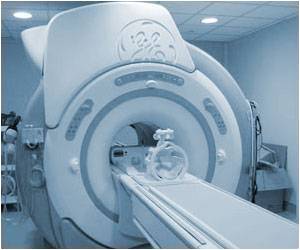
The newly developed NCCCS electronic app aims to enhance the care coordination skills of nurses responsible for managing critically ill patients on life support.
The NCCCS app utilizes the scoring system referred to as the Nurses’ Care Coordinate Competency Scale (NCCCS), developed by Dr. Takiguchi et al. in 2017, and it is currently being translated into Chinese, Italian, Polish, and Persian.
The NCCCS app was tested in the study and found to be highly effective in training when used by individuals who had certain years of critical care management experience but had low care coordination competencies.
Addressing Gaps in Nurse Education for Critical Care Coordination
While the significance of care coordination for appropriate critical care is recognized, there is a lack of established educational methods for nurses engaged in care coordination. The quality of care, especially concerning the success or failure of multidisciplinary care for critically ill patients on life support, has been demonstrated to be linked not only to survival rates but also to the development of physical, mental, and cognitive dysfunction in post-intensive care patients.
Dr. Takiguchi said, “Our NCCCS app will help nurses enhance their care coordination competencies in the management of critically ill patients. It offers a new strategy to improve the physical, mental, and cognitive outcomes of critically ill patients.”
Key Highlights
- The group that engaged in self-assessment and received feedback through the NCCCS app demonstrated an increase in the frequency of care coordination behaviors after one month, in contrast to the self-assessment group without feedback. Notably, the participants with less experience in managing critically ill patients did not exhibit a corresponding increase in the frequency of these behaviors.
- The group, whose NCCCS score was below the national average as of 2017 experienced an increased frequency of care coordination behaviors one month later, following feedback from the NCCCS app, compared to the group without feedback.
- The group receiving feedback on their self-assessment scores through the NCCCS app exhibited heightened attention, confidence, and interest in learning about care coordination, in contrast to the group without feedback. Additionally, they reported that the use of the NCCCS app fostered teamwork and enhanced the quality of care.
The findings of this study may provide a new strategy for improving outcomes in critically ill patients on life support.Source-Newswise



